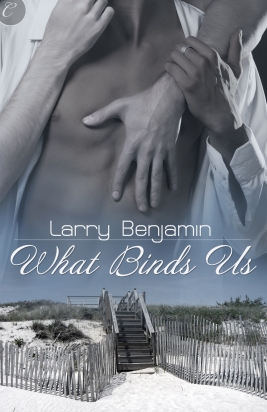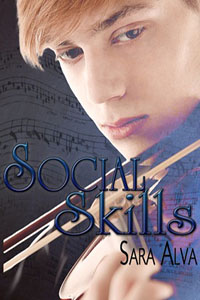
Since it has been a long time since I have reviewed anything, I figured I’d give my thoughts on the current broadcast of the musical “Company” which was performed with a star studded cast at Lincoln Center, and can now be viewed for a limited time at a local movie theater near you.
I’ll be try to be short, but it is Company, and the movie is almost 3 hours long.
It’s a mixed bag. The opening is not great. Patti Lupone visibly, and, more importantly, audibly doesn’t sing in most of it. Leaving us to recognize that she was needed. So it gets off to a really rocky start. Thankfully Stephen Colbert and Martha Plimpton are amazing. I’ve never seen that scene done better.
Unfortunately it is a while before you get to something applause worthy again. “You Could Drive a Person Crazy” is kind of a mess vocally, and while Christina Hendricks looks great, but her performance is really uneven. Vocally she is fine, but she isn’t great. The woman who plays Kathy is really pretty, but she has a weak voice. More on her later.
Marta (the crazy one) is also stunning, but she really can’t handle her “Another hundred people” song. All of her top notes are weak, and she is working so hard, that it just falls apart. I assume it was one of those “better live” moments (like in American Idol) because the audience went crazy, but for me it was excruciating. Normally, I’d think the fact she was less than pitch perfect was what annoyed me, but honestly…it wasn’t that she was flat vocally, it was that she was also flat dramatically, that did it. It was just boring. No one applauded that performance in the theatre.
The highlight of the entire performance has to be the scene leading up to “Not Getting Married”, as well as the song and the scene which follows it. Again, it was the best I’d ever seen that scene. It really got me jazzed for Act 2.
The cast was a lot better in “Side by Side” at the Tony awards than they were at Lincoln Center. When the number was 1\2 done, I started checking my watch, and was amazed it just kept going and going. The big finish is good, but they go a little to far with it. I find nothing worth mentioning until that strange “Darling. I worry” song. This was really well done, and I felt the best/smartest bit of direction they ever had. the director actually lets us see Bobby seduce April, and it kind is a way to clearly demonstrate that Bobby isn’t quite as sad as they think. I always knew that, but I enjoyed having a side by side comparison.
Then something really strange happens. A big dance number happens while Bobby and April have sex. While this helps justify the casting of Kathy, who is very pretty and an amazing dancer, it looks like it is out of a bond opener or Charlies Angels. I will say it is well danced, but I wanted it to end about 3 minutes sooner than it did. I also wasn’t sure that the additional lines that they added were alright. They felt a little too perfect, lending itself to be a bit too cliche for a Sondheim musical.
I may be wrong, but I think they added to the scene where Bobby shows up with Marta to hang out with the married couple with the Southern wife which are happily divorced but still together. There is this whole thing where the husband hits on Bobby. It was good, well written, and something I kind of always felt should be there. In fact, all the couples seem to hit on Bobby.
Patti Lupone really slays “Ladies who Lunch.” Honestly, I’ve always found her interpretation of Sondheim a bit shallow, but she dug down for this one. She really gives Elaine Stritch a run for her money. I would have given her a standing ovation at Lincoln Center. It’s almost worth it to just see that. Everyone in the movie theatre applauded, and the Lincoln center people go nuts. It was nice to see someone really take an emotional song and interpret it. Having not seen that since Colbert early in act one.
Neil Patrick Harris also has a really rough first act. I’ve always been a bit critical of his vocal work, and while I was willing to give him a lot of room for error here, the sad truth is that the role is too big for him. He does better in act two, but right when you think you love him again, “Being Alive” just doesn’t soar right. He falters vocally in the beginning of the song, and he tries to get out of it, but the second he starts focusing on his vocals, the whole piece falls apart. With all his energy spent singing, he doesn’t really act, and so the show ends on a note that while technically accurate, is devoid of the real emotion and heart of the song.
What I found most intriguing about this show was that it was a lot darker than the Raul Esparza version. Some of it was that material had been added or modified. Other parts were just that the actors were willing to go there. I really liked that part. On the whole I found the show a lot better acted (with some exceptions) than the other versions I’ve seen. And that really went a long way with me. It is a good production, and definitely worth seeing. I just wanted it to be something more iconic, more perfect. If someone only was going to see it once. I’d say watch the recording of the production starring Raul Esparza. It is a better show. I think it is clear that a production of Company gets better with an ensemble that is heavily rehearsed. The weakest link in the Neil Patrick Harris version are the group numbers. They are really bad. The individual scenes are much better, but with the exception of the 3 scenes I praised, the Raul Esparza production is vastly superior.










